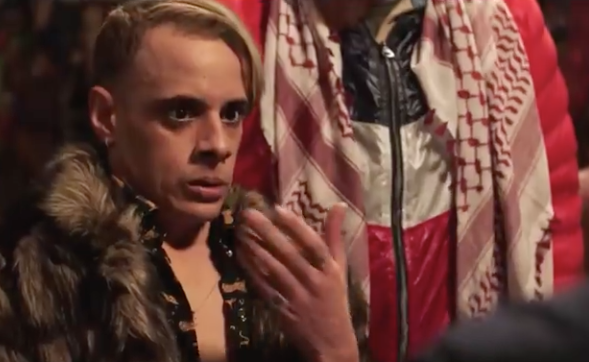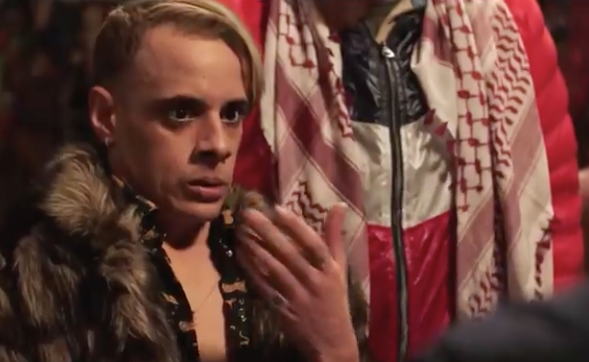Eurovision 2019: Israel delays comedy series about gay French Muslim being extorted by Isis during fictional singing competition
A mini-series about a gay French-Algerian singer called TJ, who represents France in an international song contest while being extorted by Isis to carry out an attack in Tel Aviv, has been kept off the air after warnings from the European Broadcasting Union [EBU].
Douze Points, a three-part comedy set to broadcast on Israel's public broadcaster KAN in May – the same month as the Eurovision Song Contest – reportedly caused France to threaten pulling out of the real-life singing competition in February.
The project was led by Israeli producer Adar Shafran, whose previous credits include the hit feature film Maktub. Shafran said in July 2018 that the production team "had to move fast" because they wanted the three episodes to be ready around the time of Eurovision.
A spokesman for France Télévisions confirmed to French newspaper 20 Minutes that the show had been part of discussions between France's Eurovision team and Israeli broadcasters.
"No false controversy," he said. "The entire French delegation is working alongside Bilal Hassani for the Tel Aviv final on 18 May. We are in regular contact with the EBU, which exchanges with all Eurovision partners, including the KAN channel. In the context of these exchanges between the EBU and KAN, the Douze Points project, which we learned about last week, has been mentioned."
Reports of the series and its uncanny resemblance to reality – including the fact that France's Eurovision entry is gay French-Moroccan singer Bilal Hassani – first emerged last month, after which the EBU became involved in what it called "constructive discussions" with KAN. The broadcast appeared confident that Douze Points would air as previously scheduled.
However, according to AFP, on Monday 25 March KAN said it had received a letter from the EBU warning that broadcasting the series could have "significant security, political and legal ramifications" beyond constituting a breach of agreements between the two bodies.
In response to the EBU's stance, KAN's content committee decided "to approve the broadcast only after Eurovision" to keep the EU from changing the competition's location.
"Members of the committee believe that the public interest necessitates the public broadcaster to refrain from endangering holding the competition in Israel for any reason," KAN said in a statement. "The series will be part of the broadcast schedule after the competition's final."
Douze Point's' co-creator previously defended the show and said it "laughs hardest at homophobia".
"Isis members are the biggest homophobes in the world," Yoav Hebel told Israeli newspaper Haaretz. "Hating gay people more then anyone does, which shows their stupidity."
The Eurovision Song Contest 2019 takes place between 14-18 May.

 Yahoo News
Yahoo News 

